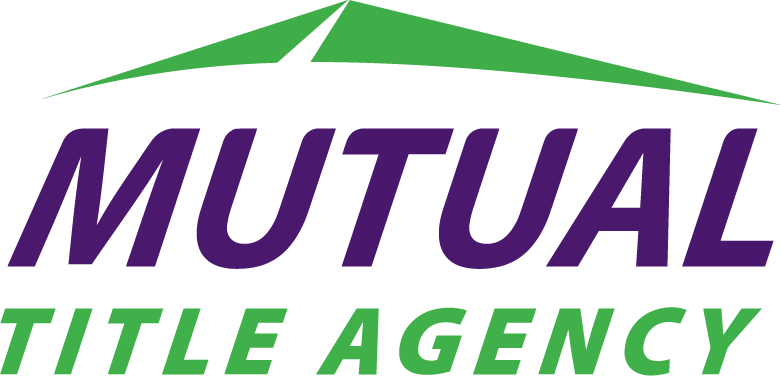
Finally, closing is here! That dream house is almost yours. But what happens if your real estate agent emailed you instructions to wire your closing costs funds to a specific bank account, you sent it… and it never gets there. How does your dream devolve so quickly into a nightmare?
Cyber criminals are on high alert for closing processes and real estate agents are hot targets right now. Hackers will break into an agent’s email, follow conversations between customers and agents, and send emails directing customers to wire money and/or give personal information that will help the hackers steal money, bank account numbers, credit card information and identities. This is called wire fraud.
Wire fraud is any type of fraud that takes place over the phone or electronic communications. With recent increases in security breaches and attacks, the threat of wire fraud is growing. Recent changes to Ohio’s Good Funds law have increased security of these transactions; follow these four steps to protect yourself during these transactions.
4 Ways to Protect Yourself from Fraud
1. Don’t share information via email or text.
All parties involved in your closing transactions should share personal information in person or over the phone with people whose identity is known and can be confirmed. No personal information or instructions should be communicated via email or text.
2. Verify before your send money.
Before wiring money, call the title agent, real estate broker, lender or lawyer from the number on their website to make sure the wiring instructions are correct. Confirm the following: ABA routing number, SWIFT code and credit account number.
3. Leave the real estate agent out of it.
More real estate agents are asking clients to sign wire fraud notices, which leaves agents out of the wire-funding process. For good reason: only lenders, lawyers and title agents are involved in with the wiring instructions. This safety precaution protects home buyers from being tricked into following instructions their main point of contact (the real estate agent) didn’t actually send.
4. When in doubt, do it in person.
If you’re uncertain of a situation, where you’re sending money or whom you’re talking to, arrange to do any transactions in person. It might be extra effort, but it could save you thousands of dollars. Follow your gut. If it seems like a questionable situation, do business in person.
If you have questions about the closing process or how to handle a possible wire fraud situation, immediately contact Mutual Title Agency.
